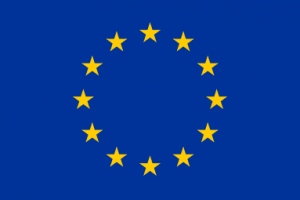The module is focused on scientific concepts related to science of complex system, in particular concepts such as multiplicity, irreducibility, circular causality, unpredictability, self-organization, contingency. These concepts are transversal concepts, and it is necessary to deal with them to understand the complexity of systems around us (natural, social and economic ….). Furthermore, the epistemological structure of the complexity can be a source of words and epistemic forms of reasoning that can stimulate critical and systemic thinking, needed to navigate today's society.
The module has been constructed to provide a context in which there is a genuine contamination between different languages (the scientific and the narrative) in order to build a space of authentic interdisciplinarity. In this context each discipline retains its own constrains but at the same time must deal with the other in a constructive dialogue.
Constructing a narrative using scientific concepts (in this case related to the physics of complex systems) does not simply mean “using and explaining concepts” in another language. The “process of translation” from one domain (the scientific one) to another (the literary one) also involves a form of 'betrayal' and takes the form of a real search for a new language. This process encourages reconceptualization, clarifying and enriching scientific concepts that take on new and broader meanings, including metaphorical ones.
The scientific concepts chosen are intrinsically transversal concepts between the various disciplines and some concepts - as circular relationship between the whole and the parts, being inside and being outside of a system, rules to which individuals obey and emergent properties of the system, manipulated by intertwining different languages - can create a fertile ground for thinking about the relationship between individuals and collective in a broader sense allowing ""to tell other stories"", including personal ones.
Ultimately the nature of the concepts treated in the perspective described, can help to build conceptual structures, models and metaphors to orient oneself in today's society, the society of complexity and uncertainty and trigger new thinking tools to live the present more serenely and think about the future.
The module lasted about three months, for about 4 hours per week, during curricular hours. The activity was structured by intertwining interactive lessons and workshops.
